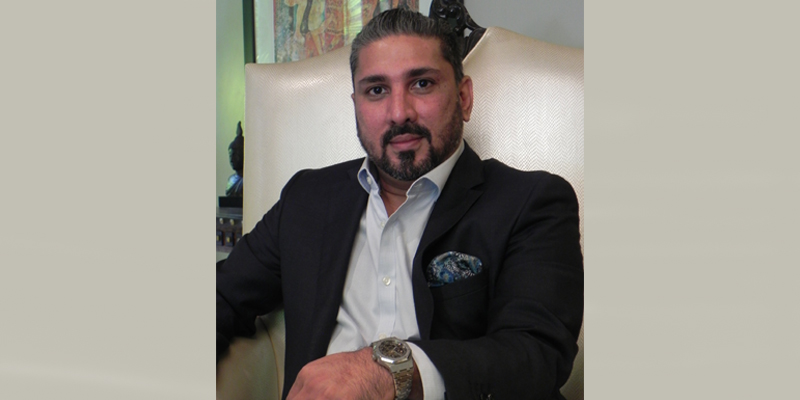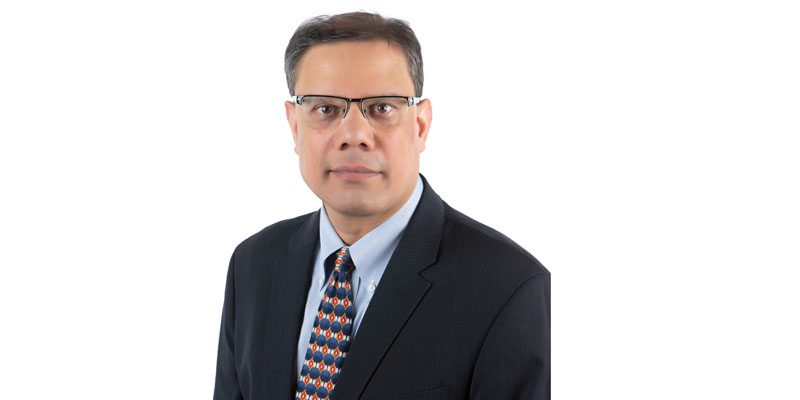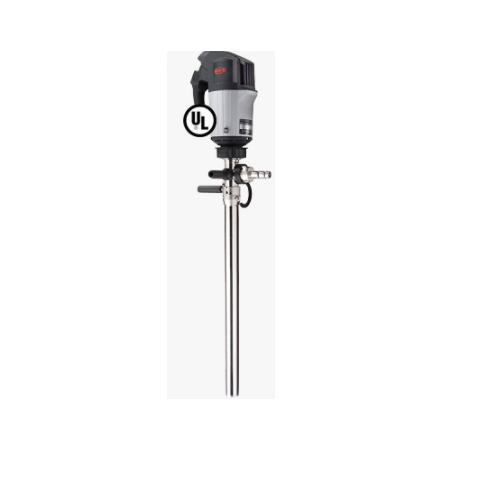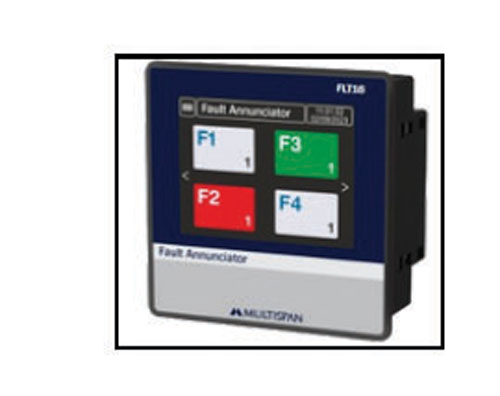Schedule a Call Back
India is now positioned as a leading player in forging: Yash Munot
 Articles
Articles- Aug 30,25

Related Stories

Honeywell Launches Hybrid Heating to Cut Industrial Energy Costs and Emissions
Honeywell’s Hybrid Heating Solution enables manufacturers to switch between gas and electric heat in real time, helping optimise energy costs, cut emissions and support the energy transition.
Read more
India must focus on R&D alongside electronics manufacturing: Sanjay Huprikar
In this interview with Rakesh Rao, Sanjay Huprikar, Chief Global Officer of the Global Electronics Association, explores trends in global electronics industry, India’s manufacturing ambitions, and..
Read more
India is at a pivotal ‘Make in India’ inflection point: Manoj Patil
In this interview, Manoj Patil, Promoter and Managing Director, Patil Automation Limited, outlines its growth journey, capacity expansion, acquisitions, design-led approach, market challenges, and t..
Read moreRelated Products

Amusement Park Equipment- White Water Ride
SICCO Engineering Works offers a amusement park equipment- white water ride.

Nylon Coated Roller
Jekmin Industries offers a wide range of
nylon coated roller.

Fault Annunciator
Insys Electrical & Controls offers a wide range of fault annunciator.













